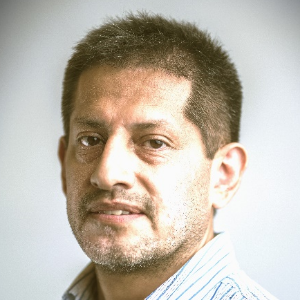Title : Arid soils regeneration through sustainable reforestation
Abstract:
Arid lands could cover between 16 and 30% of the land surface and are home for about 20% of the Earth’s population. They are predominantly found in the subtropics and set to grow every year in part due to climate change conditions. Deforestation, land over exploitation, pesticides overuse, oil & mining industries, are among the main driving factors for desertification and soil degradation. As those areas become difficult or expensive to sustain any crop production, people will move to new territories, and the vicious circle starts all over again. This comprehensive restoration solution reverses that vicious circle, focusing on the soil reconditioning through reforestation combined with associated crops that will deliver some income to working communities until the wood is harvested in a very specific sustainable way after 25 to 50 years and commercialized as sustainable certified wood, while also collecting the carbon credits associated to the forest management. This reforestation and soil restoration program started in 2003 as an applied research program to prevent desertification in already degraded soils in Ecuador. After 20 years of learnings, the program was scaled up to present a sustainable commercial reforestation solution for arid, polluted, saline, or degraded lands. Some forestry management protocols for propagation, planting, watering, management, wood harvest and byproduct production were developed, and several economic analyses were performed for different planting, growing and exploitation schemes tested. The work was done with endemic species or already adapted species that contributes to soil restoration and/or water retention, and the whole process is closely monitored with telemetry and remote sensing solutions. Precision agriculture applied to forestry management and land restoration has been key for our success when working in such stressful conditions. This solution was developed to address the triple bottom line model: financial return, environmental sustainability, and social benefits. Species analyzed included Neem tree (Azadirachta indica), Mesquite (Prosopis pallida), and Blue eucalyptus (Eucalyptus bicostata) combined with different grass and legume rotations.
Audience Take Away Notes:
- Results summary from two experiences regenerating arid soils in dry coastal areas
- Lessons learned from different species and planting conditions when regenerating depleted soils in areas without rain nor irrigation
- Socio-economic outcomes from soil regeneration with forestry initiatives in poor communities



